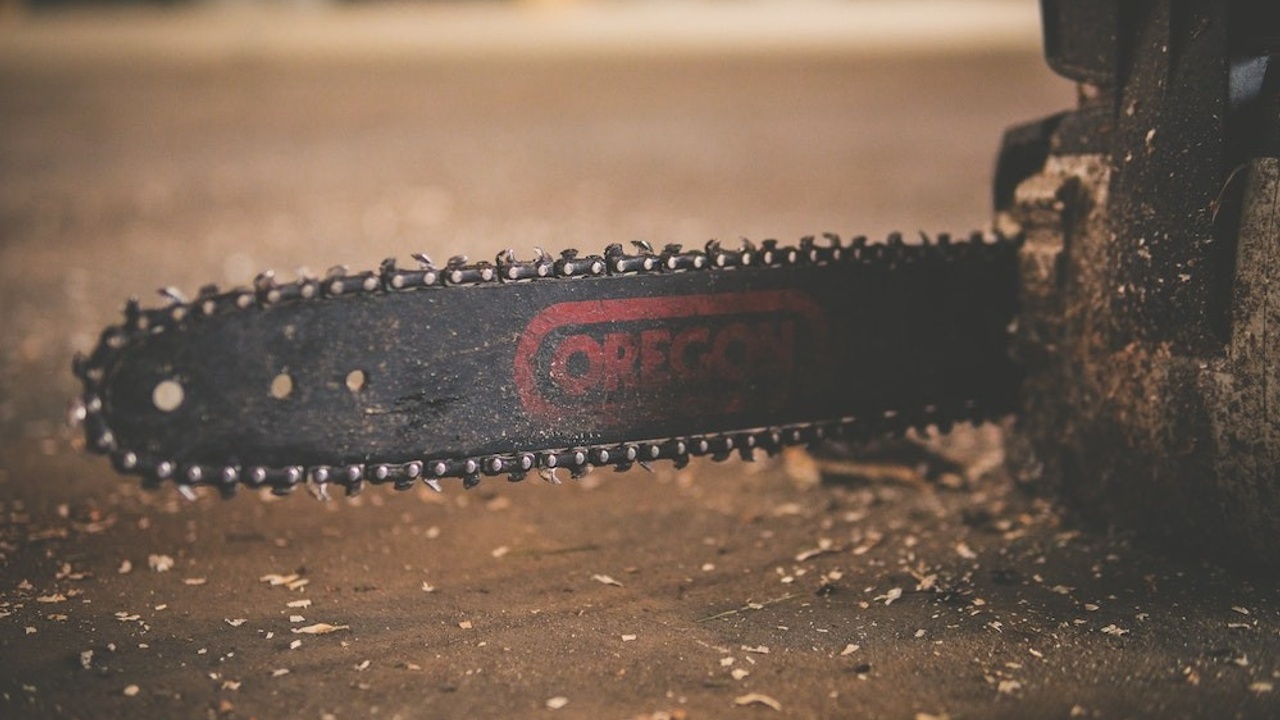Three Guys, Three Chainsaws
Jun 19, 2020
Who’s the best worker you know? Not the hardest worker, but the best worker.
I’ve got a candidate.
A couple years back, a storm came through northwest Arkansas, and it did a number on some lake property we own there. I visited the property a few days later, and it looked like a jungle. A massive amount of limbs and driftwood and downed trees covered the shoreline, looking like a toddler had kicked over a Jenga tower—and then dumped uncooked spaghetti noodles on top and jumped on it all.
I called a guy who’s done some work for me in the past to see if he knew anybody who could do clean it up for me. “Let me come check it out,” he said.
A few days later, he came out, walked around, took it all in. Here’s what he said: “Three guys, three chainsaws.”
“Okay,” I replied. “How many days?”
“Two. Maybe one.”
This was crazy talk. It looked like a hurricane had come through Arkansas. I was hoping we could get it taken care of by next spring. What did I have to lose, though? So we shook on it.
He was right. The three guys (and three chainsaws) did it in one day. They turned it into a pristine lake shoreline and gave me enough perfectly stacked firewood to have a fire every day until the next Olympics.
It was unbelievable.
And it got me thinking about great work. This guy was a living display of working hard, working smart, and working productive.
These three work qualities are like the five senses. They fuel each other, to be sure, and they overlap at times (similar to the way you use the sense of smell to help taste food). But they’re certainly different from each other, and having one functioning at a high level doesn’t say anything about how you’re doing at the other ones.
But if you get them all going, it’s something special to behold—just like three guys with three chainsaws.
Working Hard
There are a lot of things you can’t control, but you can control your effort. The best workers work hard. Steven Wright joked, ”Many people quit working when they find a job.”
Unfortunately, it’s sometimes true. According to one study, the average employee is only productive about one-third of the time. That’s why people like the chainsaw guys stand out so much.
As Time pointed out, though, hard work can’t simply come through the offer of a reward. It comes through a determination of the individual, helped along by a hard-working community and small bits of progress and desire.
If the hidden camera was on you for the past week, would it say you were a hard worker? Was your effort high? You know this better than anyone else.
Working Smart
Our association of long hours with hard work is a damaging one—both to individuals and to a culture. We need to not simply work hard but to work smart as well.
When you fail to work smart, things like this happen..
Smart workers are strategic workers. They engage their mind, and they sequence and prioritize the tasks to be done. They know, for example, that there are times when they should shut down their email to work on other things. They know how to prioritize the things that only they can do.
Imagine an employee who works hard but not smart. You almost feel sorry for them. They’re taking 50 hours to accomplish what they could do in 40. Think what you could do with 10 extra hours in your life each week. Depending on their role, they’re also holding back the organization because they aren’t focusing on the greatest needs of the organization or focusing the organization on the right tasks.
Working Productive
Now imagine an employee who works hard and even works smart, but they’re not productive. This looks like a great individual worker who doesn’t contribute toward advancing the company or organization. This worker is an impressive lone ranger.
Or it looks like someone who brings all the enthusiasm and focus. They simply don’t move the needle. This one is difficult because most bosses love to have passionate workers. But I bet that over time, they also want someone who is productive.
If your task has a collaborative component (and it seems like every task does these days), then you have to keep the goal of productivity in mind. The goal is not to perform well but to be productive. You have to tie your work to something bigger than yourself.
As Ken Blanchard said, “None of us is as smart as all of us.”
Conclusion
So do you want to hire great workers? Hire workers that work hard, smart, and productive.
Want to unleash great workers? Give them purpose and meaning. I’ve written elsewhere about the power of purpose. Harvard Business Review noted that many executives don’t bring up the ideas of purpose and meaning at work because it defies what they learned in business school—that work is contractual.
But the reality is purpose gives people the desire to work well.
Then, teaching them to work hard, smart, and productive gives them the ability to work well.
Want to receive Steve's articles in your inbox?
Subscribe here.
We will never sell your information, for any reason.

